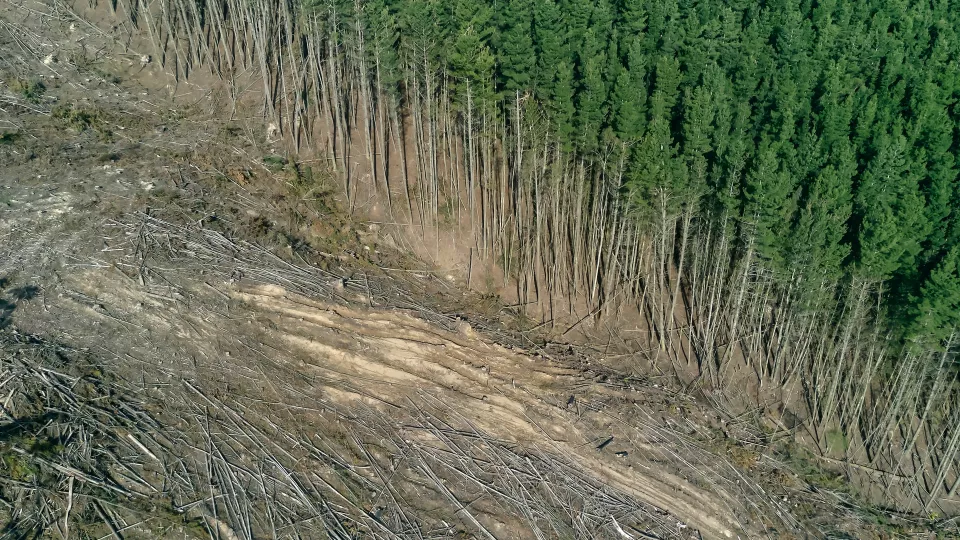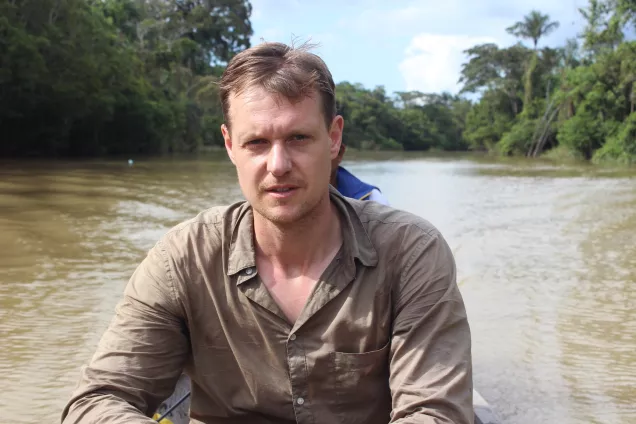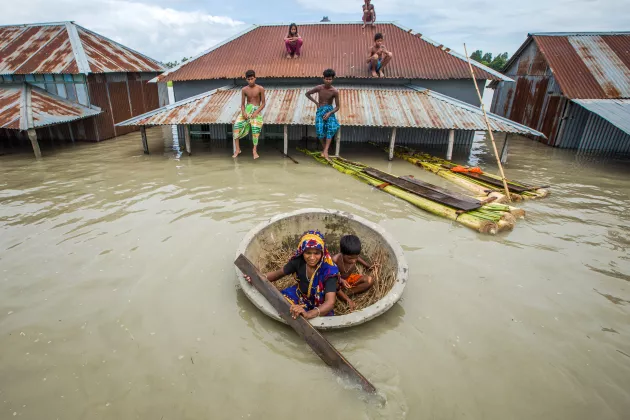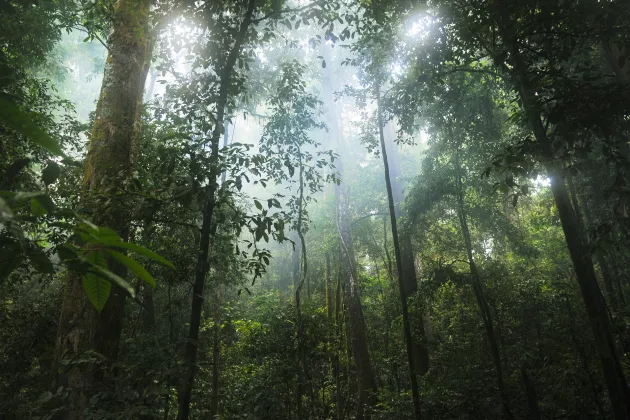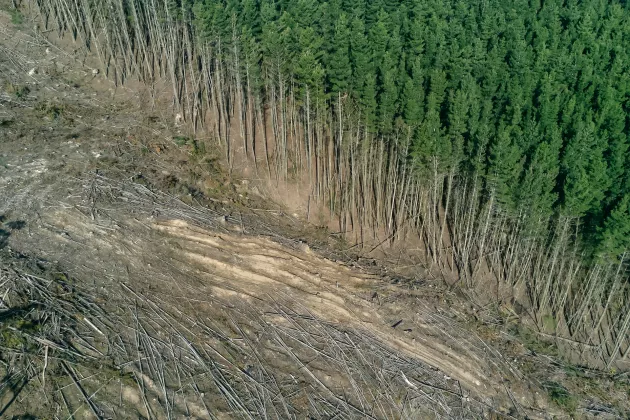Torsten Krause is a senior lecturer in Sustainability Studies at Lund University Centre for Sustainability Studies. His research focuses on, among other things, Amazon deforestation and policy issues relating to biodiversity. He is critical about the fragmentation of policies and governmental institutions that are responsible to enforce laws.
– We perhaps think that we can protect islands of biodiversity through an agreement at COP15, but pollution and a changing climate will inadvertently also affect these areas. Everything is connected, he says.
The setting aside of land also risks of exacerbating and causing new conflicts, he predicts, and surrounding unprotected areas will be utilised even more intensively, facing larger pressures. He would instead like the focus to be on what he considers is the “elephant in the room” – economic pressures and underlying driving forces such as our production and consumption patterns.
– The question remains, why do people cut down forests and convert natural ecosystems to other uses? It’s not because they enjoy it but because there is an economic rationale behind it and money to be made. As long as this underlying rationale is not addressed environmental degradation will continue, he says.
Torsten Krause is part of the Pufendorf IAS Advanced Study Group on Benefit-sharing of Genetic Resources. The issue of fairness and equity between those who provide biodiversity and those who utilise them will be another important topic at the summit.
Read a longer article with more comments on COP15 by researchers at Lund University.
